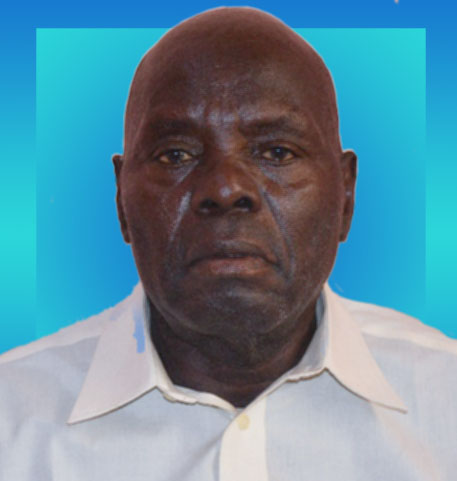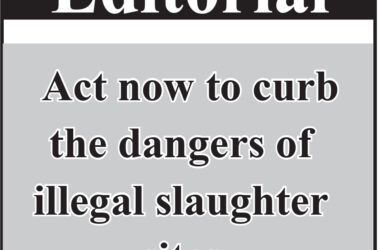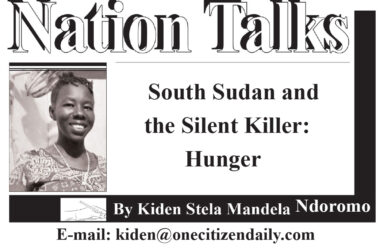By Joseph Akim Gordon
Multiple or Dual citizenship is a person’s legal status in which the person is at one time recognized by more than one country under its nationality and citizenship laws as a national or citizen of that country.
Having dual citizenship, also known as dual nationality, means being a citizen of your original nationality and at the same time a citizen of another country.
The advantages of dual citizenship are that you can travel freely in both countries, have work and educational opportunities, do business, own land and properties, and do other activities restricted to foreigners. However, there are also some disadvantages, as dual citizens may face extra taxes and military service.
Dual citizenship, or multiple citizenship, is when a single person is legally recognized as a citizen of two or more countries at the same time. The benefits of having dual citizenship include visa-free travel and work, access to social services, family sponsorship, two passports, property ownership, and personal well-being.
Some of the drawbacks of dual citizenship include double taxation, the lengthy and expensive process required to obtain dual citizenship, the responsibilities and obligations that you are required to complete, and the fact that you become bound by the laws.
Other advantages: you and your children cannot be deported; your children become automatic citizens of that country; the reunification of your family is allowed; they can be employed; they are free to travel anywhere without restriction; and they have the ability to vote.
Being a recognized citizen of a country has legal benefits, which may include the right to vote, to hold public office, to social security, health services, public education, permanent residency, to own land, or to engage in employment.
There are three types of citizens: by birth, by marriage, by registration, by naturalization, and by honorary conferment. The right and duties of a citizen include the right to education, the right to life, the right to opinion and freedom of expression, and the right to own properties.
The meaning of duty of a citizen is the responsibilities that an individual is expected to carry out in his state in return for the right of citizenship he or she can enjoy.
As we have noted, fellow South Sudanese who have acquired dual or multiple citizenship have not forgotten their native country. Some, after many years in the new country, have done a lot; many have sponsored their relatives in paying school fees; others have formed associations where they established health centers, built schools in rural areas, and participated in many development projects in the country.
They are very concerned about any negative development, be it political or economic mismanagement, and they often voice their concern. There are those who return home as professionals as medical doctors, engineers, and other technocrats, and others came as investors in many fields, mainly in commerce, and others invest in agriculture. As we are food insecure, investment in agriculture is useful for the country to become food secure.
The only disadvantage to dual citizenship is that whenever there is a misunderstanding in politics or economic issues, it may cause an individual to have divided loyalty. And also, problematic when there is a conflict of interests between the two countries.
The individual will face some difficulties. A person with an apolitical career finds it hard to make a political decision so as not to offend one of the countries, as he or she belongs to both countries. But in general, dual or multiple citizenship is indeed important because if you work hard, you will help your community prosper.
However, there are people with the opportunity of having two passports who are not able to make the best use of their status. There are South Sudanese who have taken refuge in some European countries; they are involved in drug taking and such; they are not able to rent accommodation and became street boys, totally dependent on humanitarian support; such people will not support families or communities back home, so dual citizenship has not helped the individual, his family, or communities back home.
The author can be reached through e-mail: akimgordon222@gmail.com




